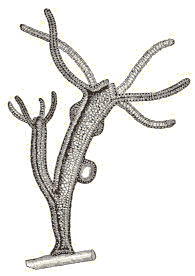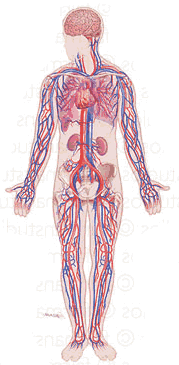
The answer to your question has much to do with what you mean by heart and kidney and how you define an animal.
The smallest metazoans (animals), such as the hydra can survive without either a heart or a kidney, because their functions are not needed.
These organisms are two cell layers thick. O2, nutrients and waste products (such as CO2) diffuse into and out of all of its cells.
